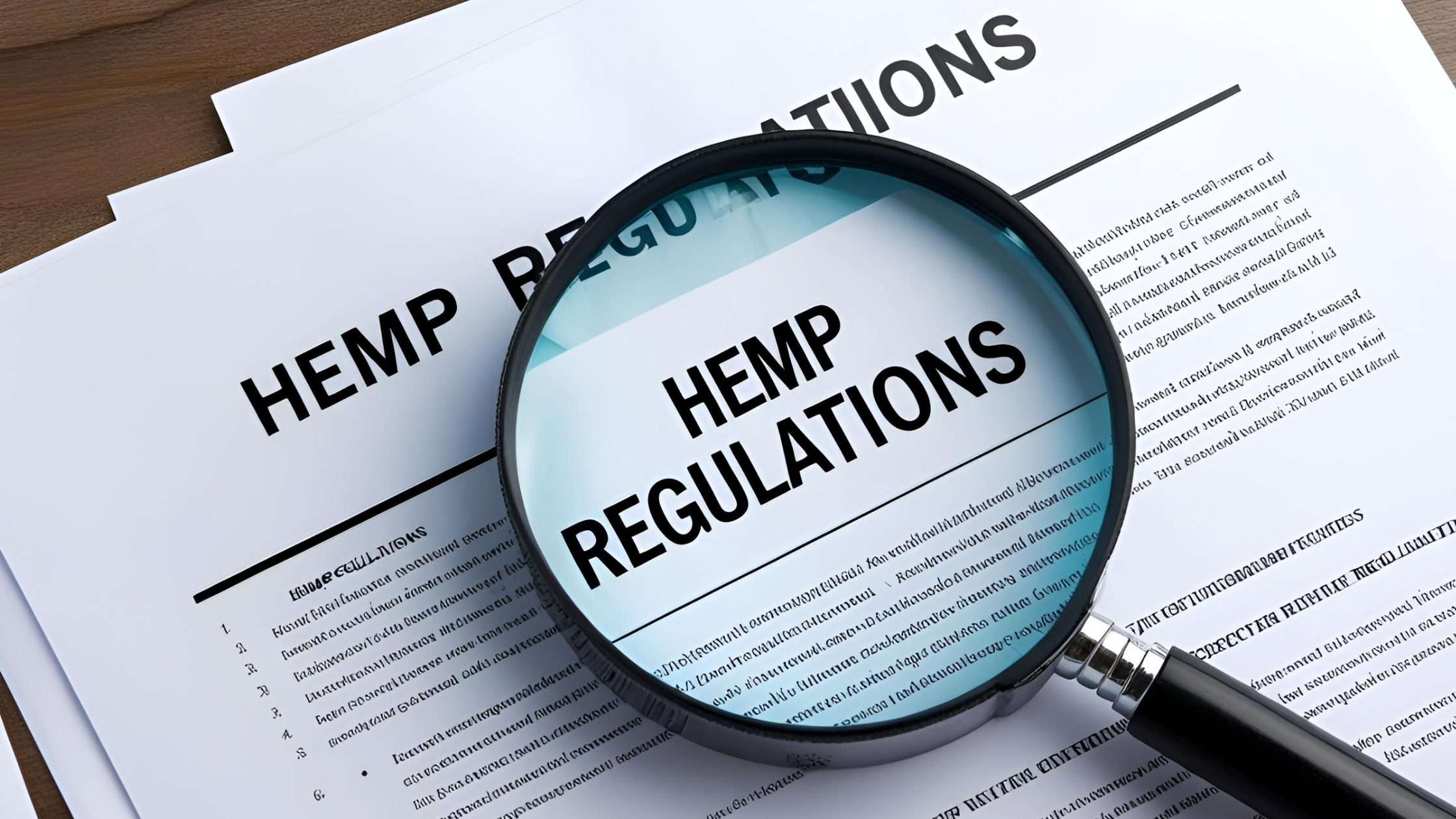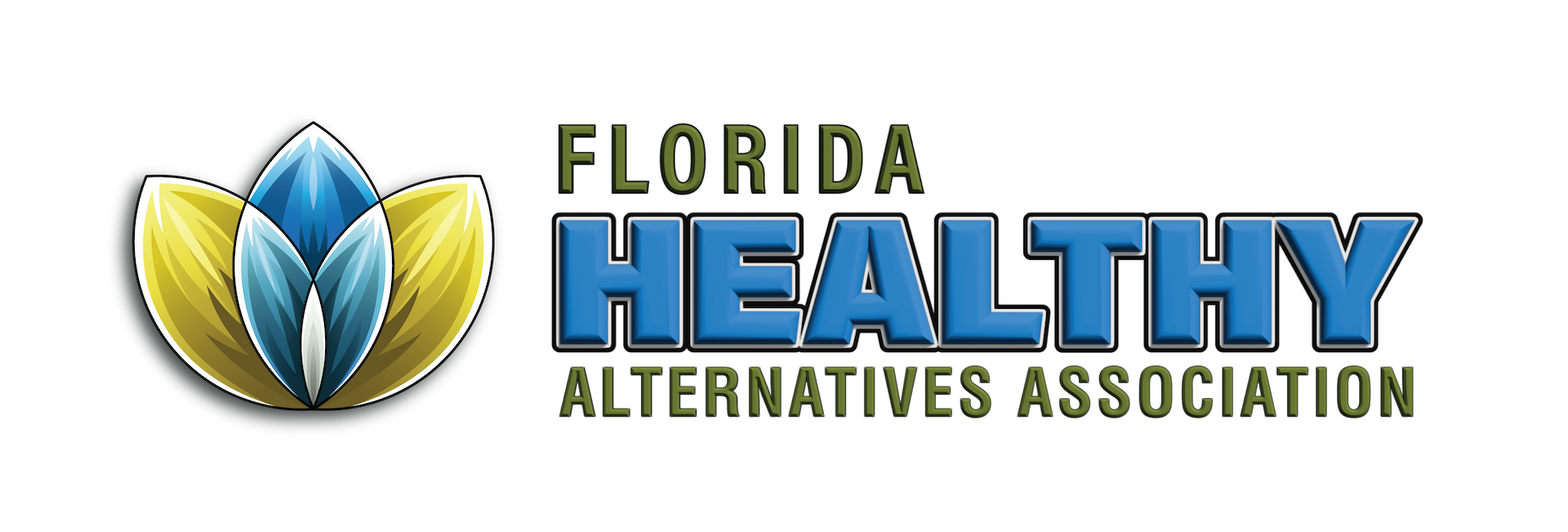
5 Common Misconceptions About Hemp Regulation in Florida (and the Facts)
Is hemp legal in Florida? Can you really walk into a store and buy hemp edibles without consequence? Hemp has exploded in popularity across the Sunshine State, but confusion still clouds the conversation. Outdated beliefs and misleading headlines can keep both consumers and businesses in the dark about what's allowed, what's prohibited, and the real risks involved.
This blog post cuts through the noise. We'll break down five of the most widespread myths about hemp regulation in Florida and reveal the facts behind each one. By the end, you'll know what the law says about hemp—from licensing and labeling requirements to where and how hemp products (including oils and edibles) can be bought or sold.
Whether you're a hemp business owner, a curious consumer, or just want to stay informed, this guide is for you.
Myth #1: All Hemp Products Are Legal and Unregulated in Florida
Myth
You might hear, "You can sell and buy any hemp product in Florida without restriction." This misconception suggests there's no oversight, and anything derived from hemp is fair game.
Fact
Florida has a clear regulatory framework for hemp derived from the 2018 Farm Bill, which legalized industrial hemp with less than 0.3% THC nationwide. The Florida Department of Agriculture and Consumer Services (FDACS) closely oversees the production, processing, sale, and labeling of hemp products.
-
Hemp products must be registered: Businesses must obtain the appropriate licenses from the state. Growing, processing, and selling hemp or hemp-derived products (like CBD or edibles) require state approval.
-
Strict testing for safety and THC content: All products must undergo third-party lab testing. Anything over the 0.3% THC limit is considered marijuana under state law and is illegal without a prescription.
-
Accurate labeling is required: Product packages must display information, including batch numbers, ingredient lists, and Certificate of Analysis (COA).
Takeaway: Hemp in Florida is legal, but only when businesses and consumers follow strict rules. Noncompliance can result in penalties or criminal charges.
Myth #2: You Can Sell or Buy Hemp Flower Anywhere
Myth
"Anyone can sell (or buy) raw hemp flower, even at gas stations or online, without any issues."
Fact
Selling and buying hemp flower in Florida triggers additional scrutiny. While the definition of hemp includes the raw flower, law enforcement often has a difficult time distinguishing legal hemp flower from illegal marijuana by sight or smell alone. This creates a legal gray area.
-
Retailers must have a Hemp Food Establishment Permit if they sell hemp flower intended for consumption (including smoking).
-
Age restrictions apply: Customers must be 21 or older to purchase smokable hemp.
-
Some municipalities have local ordinances: Local governments can restrict or ban sales, so always check city or county rules.
Takeaway: Just because it’s sold doesn’t mean it’s legal everywhere. Know the regulations in your area and always buy from licensed retailers.
Myth #3: Hemp Products Are Always Safe and Consistent
Myth
"If it’s sold in a Florida store, any hemp-derived product (CBD oil, gummies, pet treats) is guaranteed to be safe and effective."
Fact
While state regulations aim to keep consumers safe, not all products meet beat-the-standard quality. Testing is mandatory, but enforcement gaps and mislabeling issues persist due to the rapidly expanding market.
-
Spotty quality control: Some products may contain more THC than allowed or harmful contaminants due to poor testing or illegal imports.
-
Lack of FDA approval: Except for the prescription medicine Epidiolex, CBD products are not FDA approved. Claims about health benefits are not regulated.
-
Check for a COA: Always request or check a certificate of analysis (COA) from a third-party lab before using any hemp product.
Takeaway: Don’t rely on packaging alone. Buy from reputable brands that are transparent about their testing and sourcing.
Myth #4: Hemp-Derived Delta-8, Delta-10, and Other Alternative Cannabinoids Are Legal by Default
Myth
"As long as a product is made from hemp, you can sell and use newer cannabinoids like delta-8, delta-10, THCV, or THC-O legally in Florida."
Fact
The legal status of alternative cannabinoids is in flux. Florida law currently bans or restricts certain synthetic or chemically altered cannabinoids, even if sourced from hemp.
-
Delta-8 is restricted: Legislators have moved to close the loophole that previously allowed the sale of delta-8 and similar products. These are now more tightly regulated or outright banned, depending on the jurisdiction.
-
Synthetic cannabinoids are illegal: Anything "synthetically derived" from hemp may run afoul of state law, regardless of THC content.
Takeaway: Always stay up to date. If you’re selling or using non-traditional cannabinoids, review the latest Florida legislation and consult with a regulatory expert.
Myth #5: You Don’t Need a License to Sell Hemp Edibles
Myth
"Anyone can make and sell hemp gummies, baked goods, or beverages in Florida just by following safe food practices."
Fact
Selling edible hemp products in Florida is subject to even stricter regulation than other hemp merchandise.
-
Food establishment permit required: Any business making or selling hemp-infused foods, including beverages, must hold a valid Hemp Food Establishment Permit from FDACS.
-
Inspections and compliance: Facilities are subject to regular health inspections. Products must meet food safety standards in addition to hemp rules.
-
No medical claims: You cannot market hemp edibles as a cure or treatment for any health condition.
Takeaway: Never buy or sell hemp-infused foods from an unlicensed business. If you’re entering the market, get proper permits and stay compliant.
Staying Ahead of Hemp Regulations in Florida
Getting involved in Florida’s booming hemp market is exciting, but success depends on understanding the law and staying compliant at every step. Regulations evolve quickly as the state and federal government adapt to new challenges and market developments.
What to do next?
-
If you’re a consumer, always check for proper labeling, ask to see test results, and buy from licensed businesses.
-
If you’re a business owner, consult with legal or regulatory experts before launching a new product or expanding your inventory.
-
Keep an eye on updates from the Florida Department of Agriculture and Consumer Services for the latest rules, recalls, and advisories.
Recommended resources:
By staying informed and vigilant, you can enjoy the benefits of hemp (or build a thriving business) without running afoul of Florida law.




